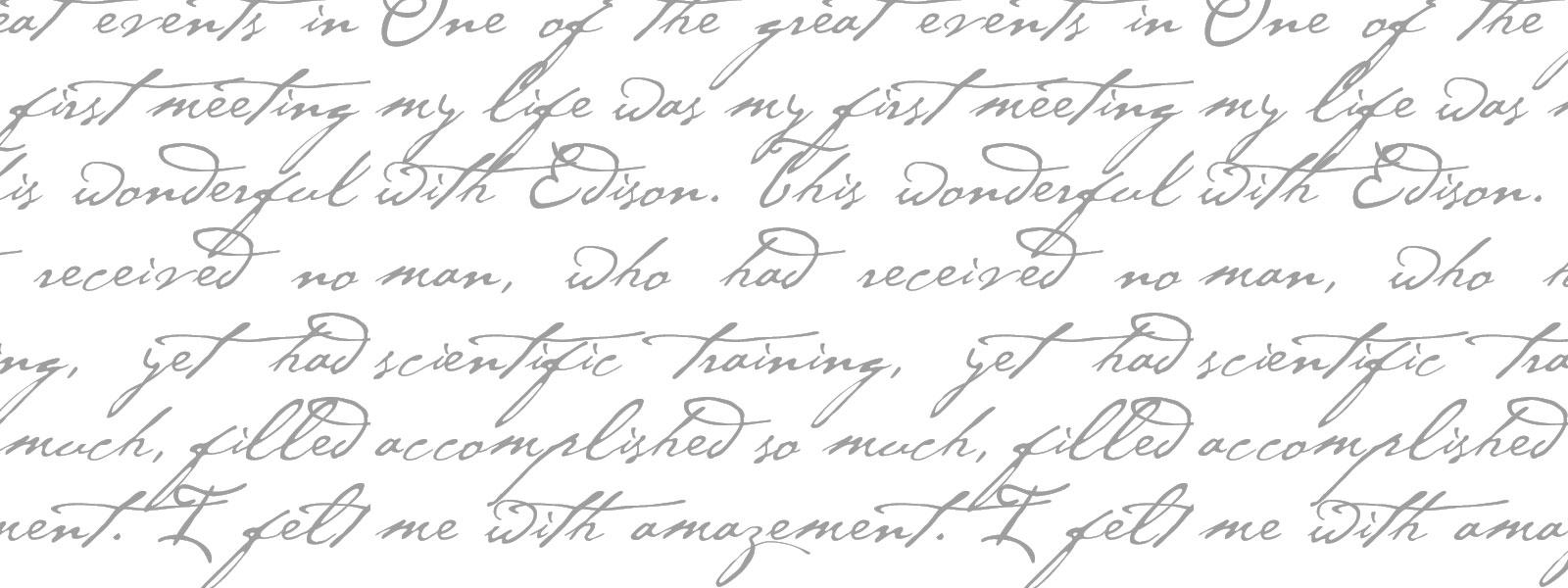
Nikola Tesla Quotes - Page 10
I have been feeding pigeons, thousands of them for years. But there was one, a beautiful bird, pure white with light grey tips on its wings; that one was different. It was a female. I had only to wish and call her and she would come flying to me. I loved that pigeon as a man loves a women, and she loved me. As long as I had her, there was a purpose to my life.
January 1st, 1978
...With these developments we have every reason to anticipate that in a time not very distant most telegraphic messages across the oceans will be transmitted without cables. For short distances we need a 'wireless' telephone, which requires no expert operators...
June, 1900
I predict that very shortly the old-fashioned incandescent lamp, having a filament heated to brightness by the passage of electric current through it, will entirely disappear.
April, 1930Source:
It is quite possible that Tesla was the greatest inventor that ever lived. He may have done more to change our lives that any man in history.
May 24th, 1966
The last 29 days of the month are the hardest.
... There is an ideal striving which is the effort of the human mind to free itself from materialistic fetters. But there is no individuality. You wouldn't say a wave on the ocean had individuality. It is a succession of waves. You are not the same person today that you were yesterday. I am just a concatenation of existences which are nearly, but not exactly, alike. It is this concatenation which produces the effect of continuance, like a motion picture. What Tesla gives to posterity is not the product or Tesla, but of a succession of existences.
July 10th, 1932
My method is different. I do not rush into actual work. When I get a new idea, I start at once building it up in my imagination, and make improvements and operate the device in my mind. When I have gone so far as to embody everything in my invention, every possible improvement I can think of, and when I see no fault anywhere, I put into concrete form the final product of my brain.
February, 1919Source:
The "big earth," as we call it, contains a certain capacity for electricity; let the electricians of the world find out how to measure that capacity, and then, reasoning solidly from one point to another, find out how to convert the "art and mystery" into the art and mastery of it, for the world's everyday uses.
September 11th, 1895Source:
If Edison had a needle to find in a haystack, he would proceed at once with the diligence of the bee to examine straw after straw until he found the object of his search... I was a sorry witness of such doings, knowing that a little theory and calculation would have saved him ninety per cent of his labor.
October 19th, 1931
The world, I think, will wait a long time for Nikola Tesla's equal in achievement and imagination.
February, 1943